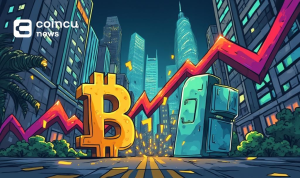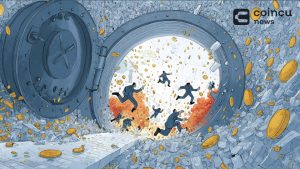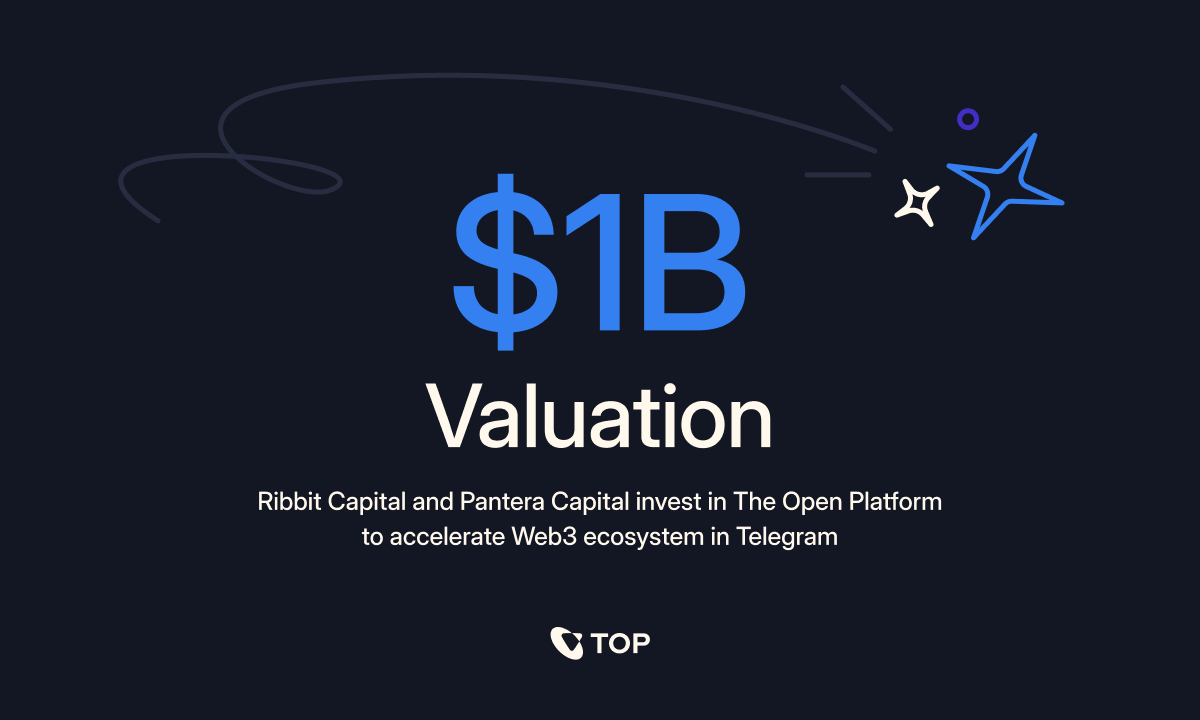Binance has famous for being more transparent, but it still has a long way to go before disclosing enough useful information to give investors confidence in its future, according to accounting and financial experts interviewed by The Wall Street Journal.

Following the collapse of FTX, the world’s largest cryptocurrency exchange attempts to reassure consumers about the safety of their assets. Because of the exchange position, its success or failure will have a significant impact on the whole crypto market.
“It’s important for us to show users that the coffers are not bare, like at FTX,” said Binance’s chief strategy officer, Patrick Hillmann.
According to a former Financial Accounting Standards Board (FASB) member and investment manager, the audit firm Mazars’ report does not give investors confidence in the exchange’s finances because it lacks information on the quality of internal controls and how Binance’s systems liquid assets to cover margin loans.

Investors should not be content with the report, according to Douglas Carmichael, an accounting professor at New York’s Baruch College and former top auditor of the United States Public Company Accounting Oversight Board.
The goal of the report, according to the report, is to show clients that the assets contained in the report “are collateralized, exist on the blockchain(s) and are under the control of Binance.”
“That’s the main thing it seems to speak to,” Carmichael said.

Mazars stated that it carried out its work in accordance with agreed-upon processes sought by Binance and that “we make no representation on the propriety” of the methods.
Hillmann stated in an interview that the Mazars report covered all Bitcoin assets and liabilities for the company’s Binance.com exchange, despite the fact that the Mazars letter did not state this. Hillmann further stated that the report did not cover any assets or liabilities at Binance’s activities in the United States.
“This is the first step in what’s going to be a much longer process,” he said.
In a Twitter post, John Reed Stark, senior lecture fellow at Duke University School of Law and former chief of the Securities and Exchange Commission’s Office of Internet Enforcement, stated:
Following the demise of FTX, Binance launched a proof of reserves system last month, allowing users to validate their assets via a Merkle tree. Rivals, meanwhile, called the plan “pointless” because it did not contain liabilities.
Other fundamental information regarding Binance is scarce. Hillmann said he couldn’t reveal the name of Binance’s ultimate parent firm since the company underwent a large corporate reorganization over the last year and a half. He acknowledged that Binance’s founder and CEO, Changpeng Zhao, owns the bulk of the company and its branches.
DISCLAIMER: The Information on this website is provided as general market commentary and does not constitute investment advice. We encourage you to do your own research before investing.
Join us to keep track of news: https://linktr.ee/coincu
Website: coincu.com
Harold
Coincu News























